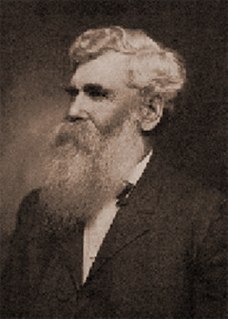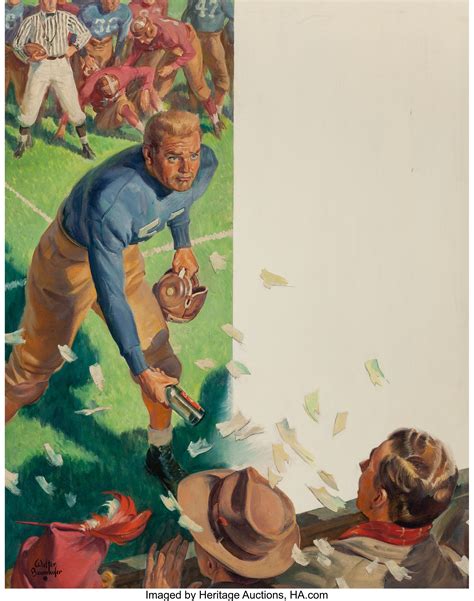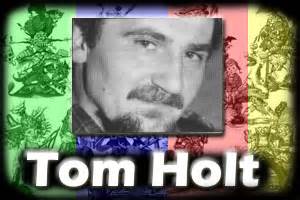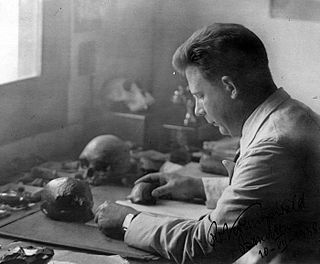A Quote by Brigham Young
Who can justly say aught against Joseph Smith? I was as well acquainted with him, as any man. I do not believe that his father and mother knew him any better than I did. I do not think that a man lives on the earth that knew him any better than I did; and I am bold to say that, Jesus Christ excepted, no better man ever lived or does live upon this earth. I am his witness
Related Quotes
I honor and revere the name of Joseph Smith. I delight to hear it; I love it. I love his doctrine. I feel like shouting Hallelujah, all the time, when I think that I ever knew Joseph Smith, the Prophet whom the Lord raised up. I am bold to say that, Jesus Christ excepted, no better man ever lived or does live upon this earth. I am his witness.
[A]s a commencement the Lord appeared unto Joseph Smith, both the Father and the Son, the Father pointing to the Son said, "this is my beloved Son in whom I am well pleased, hear ye him" Here then, was a communication from the heavens made known unto man on the earth, and he at that time came into possession of a fact that no man knew in the world but he, and that is that God lived, for he had seen him, and that his Son Jesus Christ lived, for he also had seen him.
I know that God is our Father. He introduced His Son, Jesus Christ, to Joseph Smith. I declare to you that I know that Jesus is the Christ. I know that He lives. He was born in the meridian of time. He taught His gospel and was tried. He suffered and was crucified and resurrected on the third day. He, like His Father, has a body of flesh and bone. He made His Atonement. Of Him I bear witness. Of Him I am a witness.
Jesus Christ left us an example for our daily conduct. He felt no bitter resentment and He held no grudge against anyone! Even those who crucified Him were forgiven while they were in the act. Not a word did He utter against them nor against the ones who stirred them up to destroy Him. How evil they all were. He knew better than any other man, but He maintained a charitable attitude toward them.
If idioms are more to be born than to be selected, then the things of life and human nature that a man has grown up with--(not that one man's experience is better than another's, but that it is 'his.')--may give him something better in his substance and manner than an over-long period of superimposed idiomatic education which quite likely doesn't fit his constitution. My father used to say, 'If a poet knows more about a horse than he does about heaven, he might better stick to the horse, and some day the horse may carry him into heaven'
One of the commonest causes of failure in Christian life is found in the attempt to follow some good man whom we greatly admire. No man and no woman, no matter how good, can be safely followed. If we follow any man or woman, we are bound to go astray. There has been but one absolutely perfect Man on this earth-the Man Christ Jesus. If we try to follow any other man we are surer to imitate his faults than his excellencies. Look to Jesus and Jesus only as your Guide.
Christianity set itself the goal of fulfilling man’s unattainable desires, but for that very reason ignored his attainable desires. By promising man eternal life, it deprived him of temporal life, by teaching him to trust in God’s help it took away his trust in his own powers; by giving him faith in a better life in heaven, it destroyed his faith in a better life on earth and his striving to attain such a life. Christianity gave man what his imagination desires, but for that very reason failed to give him what he really and truly desires.
When I had finished the book I knew that no matter what Scott did, nor how he behaved, I must know it was like a sickness and be of any help I could to him and try to be a good friend. He had many good, good friends, more than anyone I knew. But I enlisted as one more, whether I could be of any use to him or not. If he could write a book as fine as The Great Gatsby I was sure that he could write an even better one. I did not know Zelda yet, and so I did not know the terrible odds that were against him. But we were to find them out soon enough.
I have more to boast of than ever any man had. I am the only man that has ever been able to keep a whole church together since the days of Adam. A large majority of the whole have stood by me. Neither Paul, John, Peter, nor Jesus ever did it. I boast that no man ever did such a work as I. The followers of Jesus ran away from Him; but the Latter-day Saints never ran away from me yet.
What is natural in me, is natural in many other men, I infer, and so I am not afraid to write that I never had loved Steerforth better than when the ties that bound me to him were broken. In the keen distress of the discovery of his unworthiness, I thought more of all that was brilliant in him, I softened more towards all that was good in him, I did more justice to the qualities that might have made him a man of a noble nature and a great name, than ever I had done in the height of my devotion to him.
It should be carefully noted that Jesus did not say, "I am one of the equally good ways" or "I am a better way than the others, I am an aspect of truth; I am a fragment of the life." Instead, His claim was absolute, and allegiance to Him as the Savior of the world, was to take precedence over all the claims of men and religions.
Man did not address his inquiries to the earth on which he stood until a remarkably late stage in the development of his desire for knowledge. And the answers he received to the questions, "Where do I come from?", "What is man?", although they made him poorer by a few illusions, gave him in compensation a knowledge of his past that is vaster than he could ever have dreamed. For it emerged that the history of life was his history too.









































